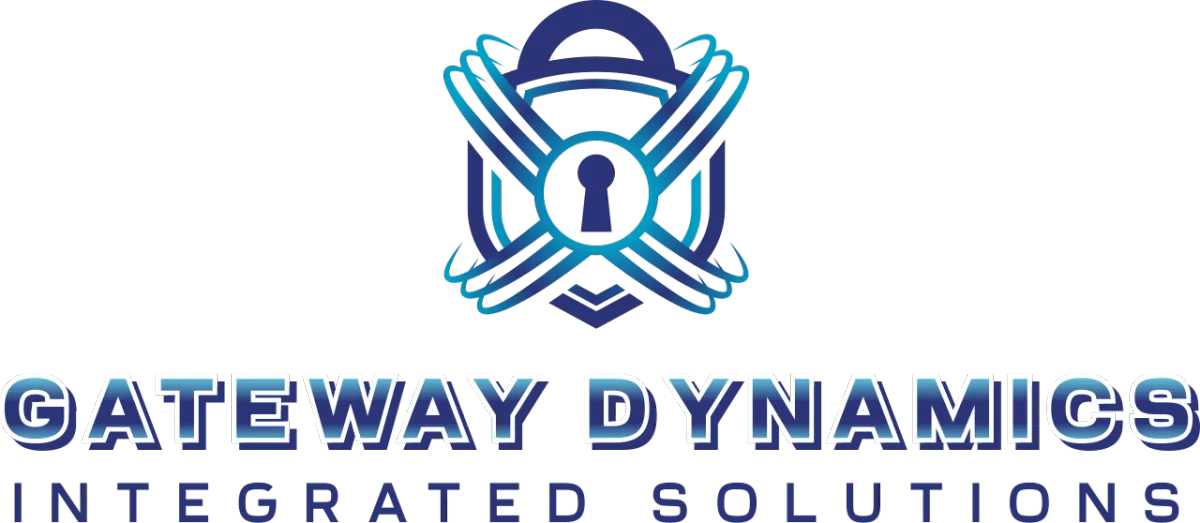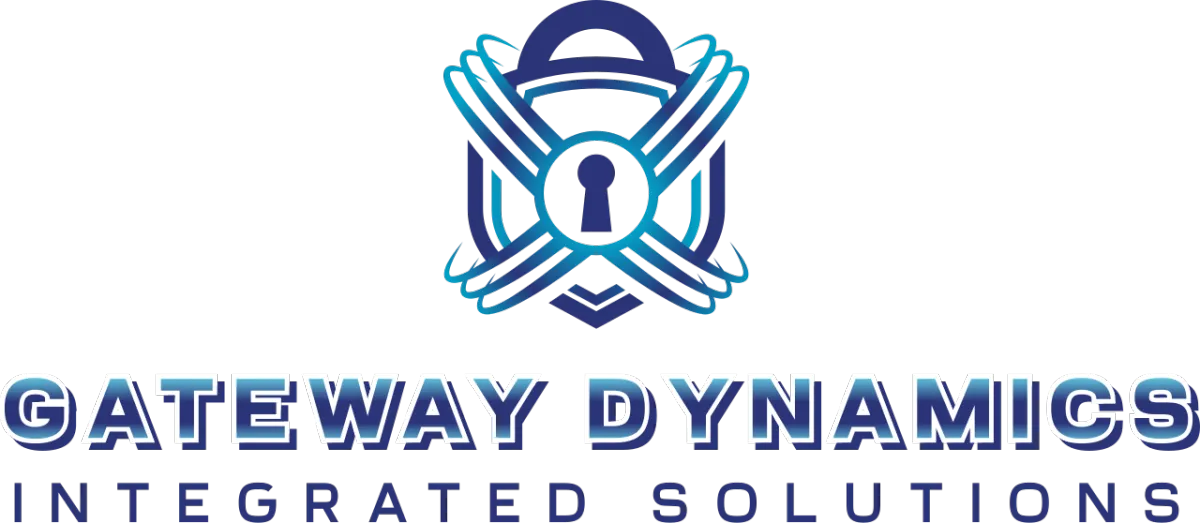Gateway Dynamics Managed IT Services
In today's rapidly evolving digital landscape, the importance of choosing a managed service provider (MSP) cannot be understated. An MSP serves as a crucial partner in ensuring your organization's IT infrastructure is secure, efficient, and compliant with regulatory standards. Engaging an MSP allows businesses to focus on core activities while delegating complex IT functions to experts. This partnership is particularly beneficial in managing cybersecurity threats, which are increasingly sophisticated and persistent. The right MSP should offer seamless integration with existing systems and provide assurance through demonstrable results. This article explores key considerations when selecting an MSP, addressing critical aspects such as regulatory compliance, data protection, and the importance of updated technology.
Why a Managed Service Provider
Introduction to Managed Service Providers
In today's rapidly evolving digital landscape, the importance of choosing a managed service provider (MSP) cannot be understated. An MSP serves as a crucial partner in ensuring your organization's IT infrastructure is secure, efficient, and compliant with regulatory standards. Engaging an MSP allows businesses to focus on core activities while delegating complex IT functions to experts. This partnership is particularly beneficial in managing cybersecurity threats, which are increasingly sophisticated and persistent. The right MSP should offer seamless integration with existing systems and provide assurance through demonstrable results. This article explores key considerations when selecting an MSP, addressing critical aspects such as regulatory compliance, data protection, and the importance of updated technology.
Ensuring Regulatory Compliance
Regulatory compliance is a significant concern for any organization, especially those handling sensitive data. An MSP must have a deep understanding of industry-specific regulations and be equipped to ensure compliance. This includes protecting Personally Identifiable Information (PII) and adhering to data protection laws. Non-compliance can result in severe penalties and damage to reputation, making compliance a top priority. An effective MSP will conduct regular audits and provide detailed reports, ensuring that your organization meets all legal requirements. They should offer proactive measures, updating policies and procedures as regulations evolve. By selecting an MSP with a proven track record in regulatory compliance, you can mitigate risks and focus on strategic initiatives.
Data Protection and PII Security
Protecting PII and other sensitive data is essential in safeguarding your organization against breaches. An MSP should implement robust data protection strategies, including encryption, access controls, and regular security assessments. These measures are vital in preventing unauthorized access and ensuring that data remains secure. The loss or compromise of PII can have far-reaching consequences, including financial loss and reputational damage. A reliable MSP will stay ahead of emerging threats and adapt security measures to counteract them effectively. They should provide continuous monitoring and rapid response capabilities, ensuring that any potential threats are swiftly addressed. Trust in the MSP's ability to protect data is crucial, as it forms the foundation of a secure IT environment.
The Importance of Updated Firmware and Technology
Maintaining updated firmware and technology is critical for the optimal performance and security of your IT infrastructure. An MSP should prioritize regular updates and patches to prevent vulnerabilities that could be exploited by cybercriminals. Outdated systems can pose significant security risks and hinder operational efficiency. An experienced MSP will manage updates seamlessly, minimizing downtime and ensuring that your systems are always protected. Proper licensing is also a key factor, ensuring that all software used within the organization is legitimate and supported. By leveraging the expertise of an MSP, your organization can maintain a competitive edge and focus on long-term growth without being bogged down by technical concerns.
Summary and Conclusion
Choosing the right managed service provider is a strategic decision that impacts your organization's security, compliance, and efficiency. An ideal MSP will deliver comprehensive support, ensuring regulatory compliance, robust data protection, and up-to-date technology. These elements are crucial in building a secure and resilient IT infrastructure. As you evaluate potential MSPs, consider their track record, expertise, and ability to provide tailored solutions that meet your specific needs. Your peace of mind and professional reputation depend on selecting a partner who can be relied upon to keep your systems secure and operational. To support these objectives, consider the 24/7 Monitoring and Support Services, offering full emergency response and managed service level agreements for your networking infrastructure, data protection, and cybersecurity needs.



